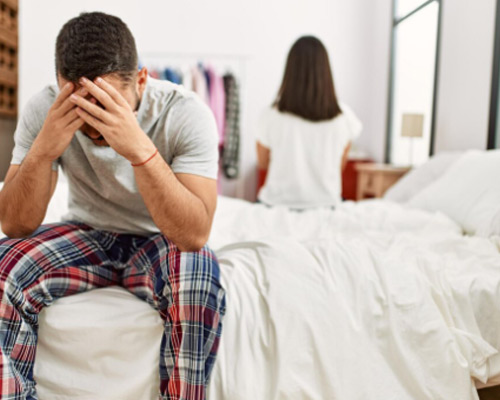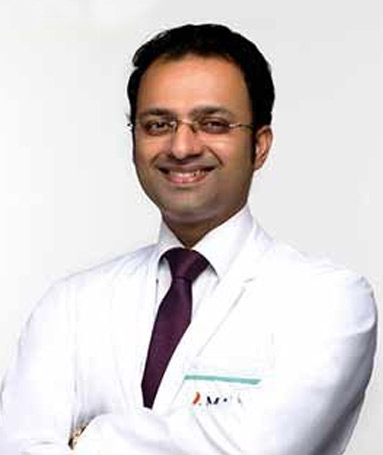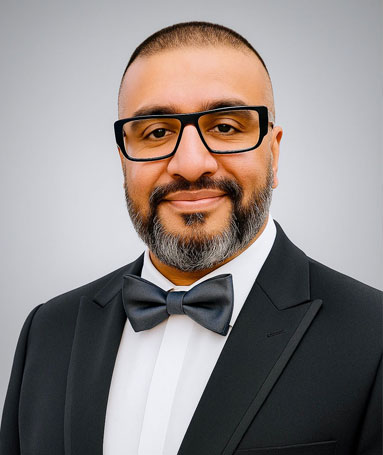Government Licensed & Accredited Luxury Rehabilitation Center in New Delhi
- Home
- Why Hope Rehabs
- What We Treat
- Addiction
- Mental Health Disorders
- Anxiety Disorders (GAD, Panic)
- Depression and Mood Disorders
- Bipolar Disorder
- Psychotic Disorders / Schizophrenia / Schizo-affective Disorders
- Obsessive-Compulsive Disorder (OCD)
- Phobias
- Dissociative Disorders
- Personality Disorders
- Post-Traumatic Stress Disorder (PTSD) / Trauma-related conditions
- Sleep Disorders
- Eating Disorders
- Chronic Disorders & Neuro-Somatic / Psychosomatic Conditions
- Dual Diagnosis & Specialised Programs
- Luxury Rehab Centre in Delhi
- Programs & Therapies
- How We Treat
- Admission
- Contact







